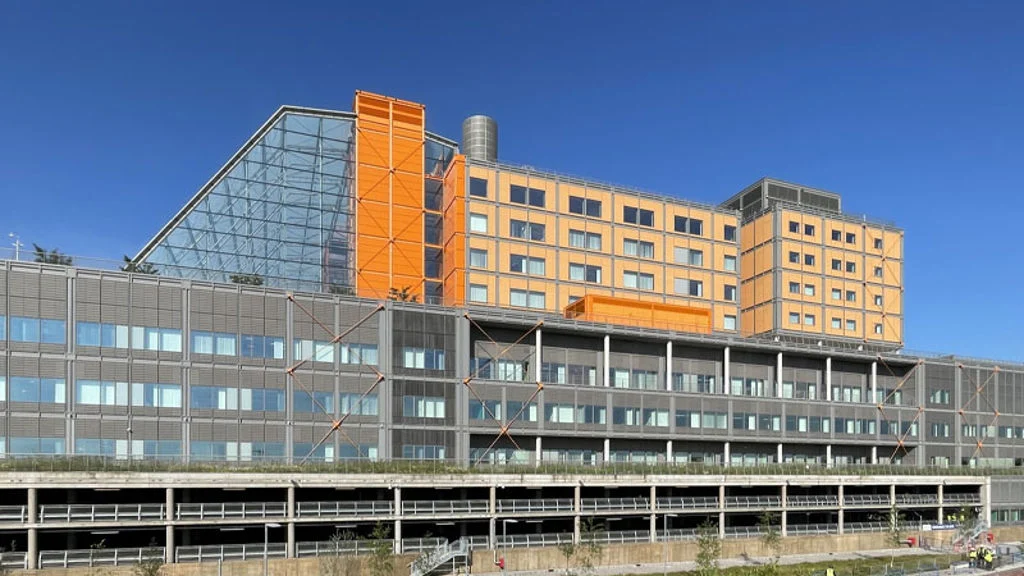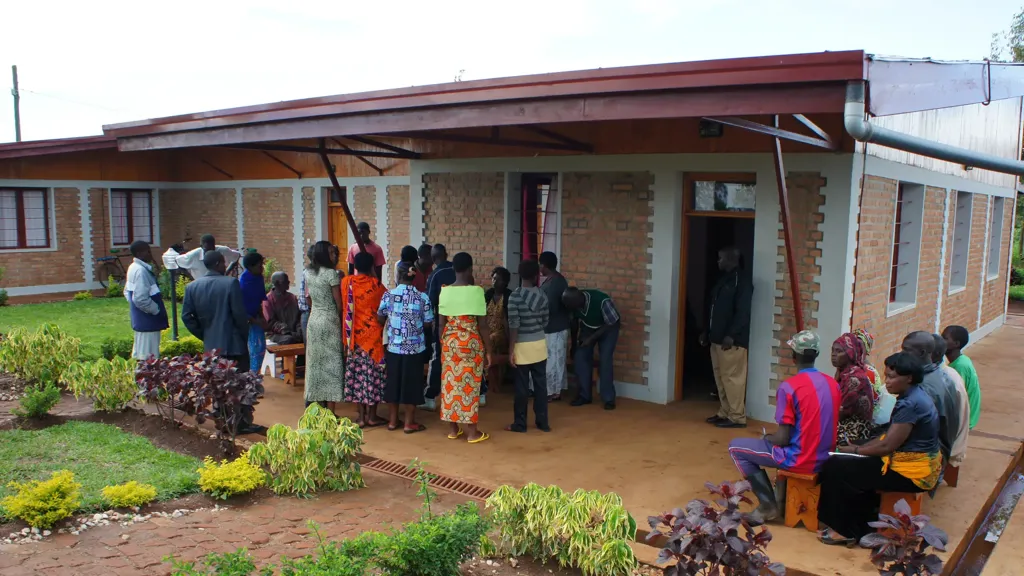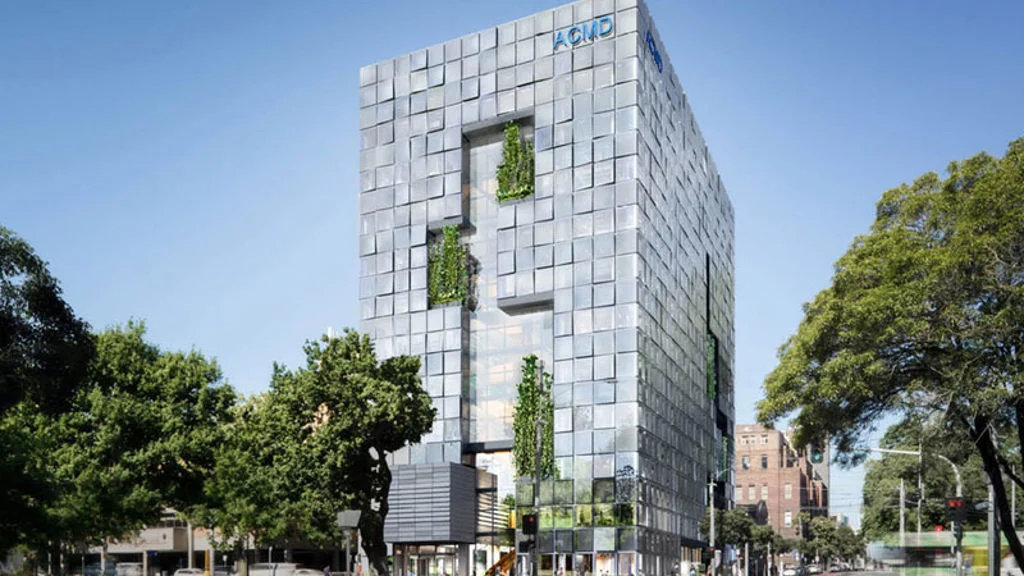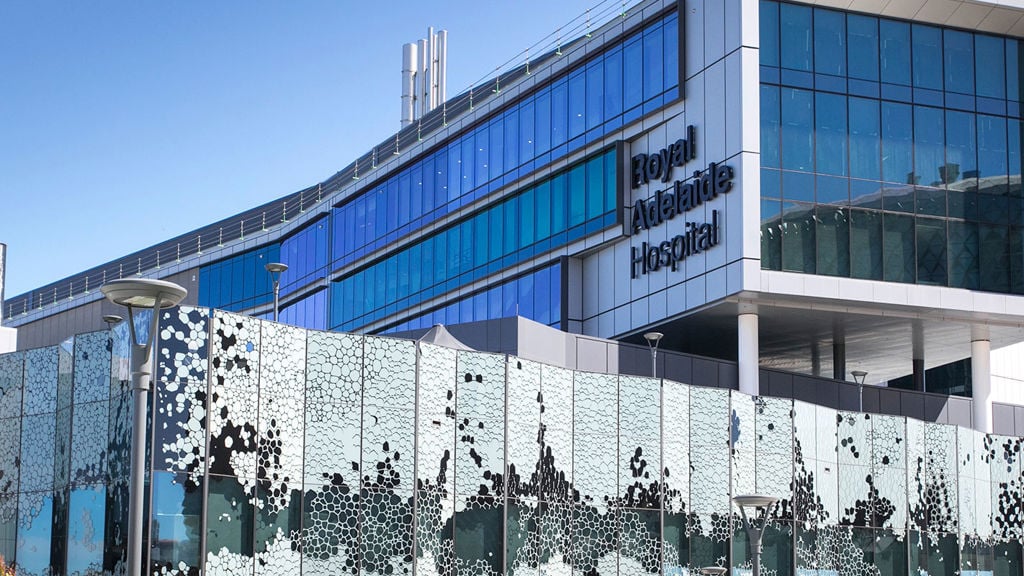Healthcare service resilience
The pandemic, increasing climate impact and geopolitical uncertainty have all placed additional pressure and challenges of healthcare delivery across our modern world.

In order to perform effectively when shocks and stresses hit, healthcare systems and their supporting infrastructure need to be designed with resilience in mind. For Arup, resilience involves designing and implementing infrastructure solutions that can withstand various impacts, including natural disasters, pandemics, and technological failures. This encompasses structural integrity, redundant systems for critical utilities and monitoring and control mechanisms to detect and mitigate issues. Our innovative and strategiesprioritise flexibility, adaptability, and sustainability, ensuring healthcare facilities remain operational even under difficult conditions.
In addition to designing for resilience we can also assist with studies and modelling analysis to assist in the decision making processes for investors. Scenario modelling can demonstrate the impact of a particular emergency, identifying where additional capacity could be most effectively developed. We use our logistics expertise to help clients develop crisis-ready supply chains and to identify and mitigate gaps in supply chain infrastructure.
People skills
Healthcare resilience isn’t simply about maintaining the day-to-day operation of surgeries or hospitals. Healthcare professionals play a vital role in ensuring the delivery of essential services, particularly during emergencies. We help teams to implement technologies and systems to streamline healthcare workflows, optimise resource allocation, backed by clear and effective communications. This inclusive approach ensures facilities can offer continuity of performance and are ready to respond to unforeseen challenges.
The new Arthur J.E. Child Comprehensive Cancer Centre at the Foothills Medical Centre in Calgary will be the region’s premier healthcare facility and academic centre providing cancer care services in southern Alberta.
Arup worked closely with the Alberta Infrastructure to provide a suite of multidisciplinary services throughout the project including supporting the authoring the requirements, design-build procurement, design review, compliance management, site monitoring, contract administration and technical advice.
Our client had little previous experience in the design-build delivery method. With our experience in design build, Arup was able to provide guidance on best practice, how design build differs from other delivery methods, the balancing of performance and prescription in the Statement of Requirements and what users and other stakeholders could expect at each design and construction stage.
Get in touch with our team
Explore
Find out more about how our services can support you:
Projects
Explore more healthcare projects

Shaping the future of emergency care in the Midlands
Midland Metropolitan University Hospital (MMUH), UK

Ntunga Maternity centre brings vital healthcare access to mothers and children
Ntunga Maternity Centre in Rwanda, Rwanda

A new hospital-based research centre for greater collaboration
Aikenhead Centre for Medical Discovery, Australia

Advising on one of Australia’s most technologically advanced hospitals
The new Royal Adelaide Hospital, Australia
Healthcare
We support healthcare clients across the public and private sector to respond to the pressures of this changing environment – helping them to embrace digitalisation, decarbonisation, automation and improving operational and clinical productivity. Our services span operational strategy and masterplanning, through to technical, engineering and design solutions.

